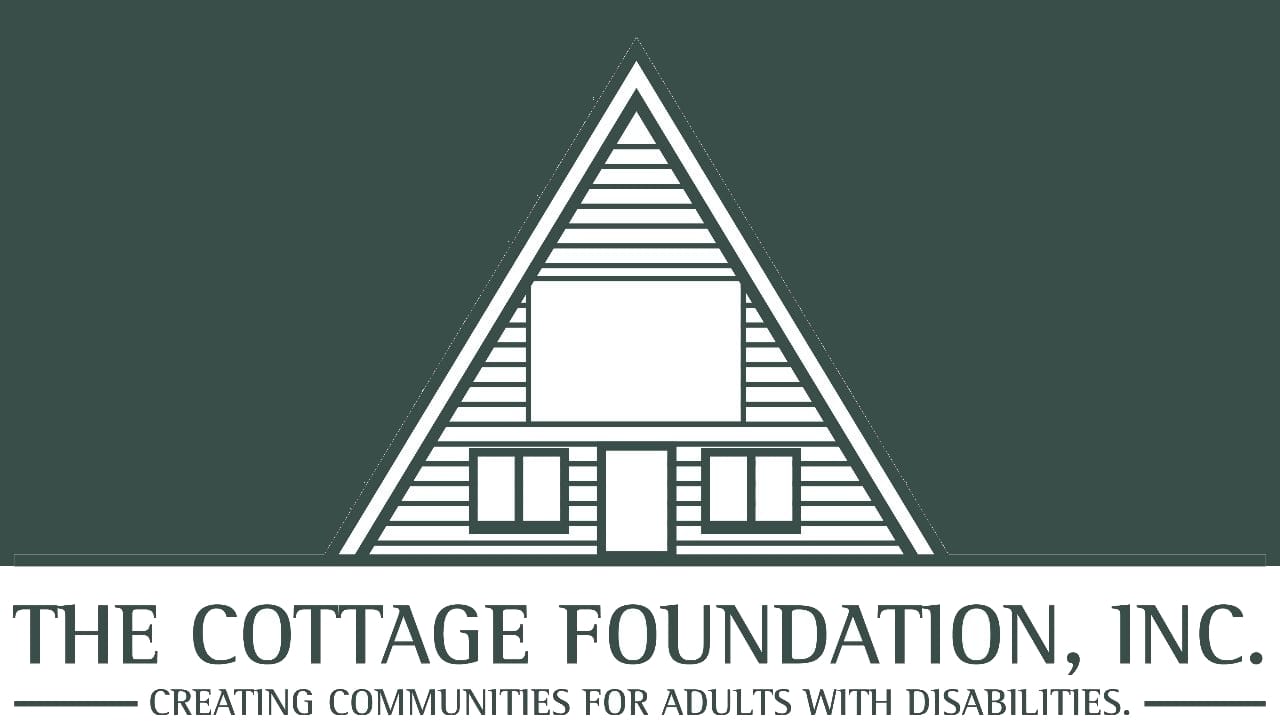Smart Solutions for a Critical Need: How Tech Firms Can Support Housing for People with Intellectual and Developmental Disabilities

Across the U.S., people with intellectual and developmental disabilities (IDD) face a persistent and often overlooked housing crisis. While national conversations about affordability continue, they rarely address the specific, lifelong challenges that individuals with IDD—and their families—must navigate just to secure safe, stable, and supportive housing.
This is not just a housing issue. It’s a civil rights issue. And it’s also a space where tech firms, with their innovative mindset and resources, can be part of a much-needed solution.
A Crisis in Community-Based Housing
The overwhelming majority of adults with IDD want to live in inclusive, community-based settings—not in institutional care or isolated facilities. But the current supply of housing that is both affordable and appropriate for people with IDD is alarmingly limited. Many still live at home with aging parents, often with no long-term housing plan in place. Others end up in group homes or rentals without autonomy, safety, or the supports they need.
There’s a growing urgency to address this gap. And there are also some promising models worth building on.
Luna Azul: A Forward-Thinking Model
One standout example is Luna Azul, a unique, for-sale, intentionally neurodiverse community in Phoenix, Arizona. Unlike traditional group homes or scattered rental units, Luna Azul clusters residents with IDD and other disabilities in a thoughtfully designed, walkable neighborhood, where support services can be delivered more efficiently and social interaction is built into the environment.
By “bunching” consumers of services geographically, Luna Azul creates economies of scale: support workers, transportation, recreational activities, and care coordination all become more feasible and cost-effective. Residents benefit from a real sense of independence and belonging—while families gain peace of mind knowing their loved ones are in a safe, stable community.
It’s a smart model, and it’s one that could—and should—be replicated in other cities.
How Tech Firms Can Help
The tech industry has long led the way in reimagining how people connect, work, and live. Now it has an opportunity to lead again—by helping build the future of inclusive housing for people with IDD. Here's how:
1. Invest in Housing Development with Scalable Models
Tech firms can support the expansion of models like Luna Azul by investing in innovative housing developments—especially those that combine ownership or cooperative structures with supportive services. These projects may leverage tools like Low-Income Housing Tax Credits (LIHTC), HUD Section 213 loans, or local bond programs, but they still face financing gaps. Social impact capital, PRIs, or philanthropic funding from tech firms can unlock stalled projects and enable scale.
2. Enhance Independent Living Through Smart Tech
Tech tools—like remote monitoring systems, smart appliances, voice-controlled lighting, and emergency alert integrations—can dramatically improve the ability of people with IDD to live independently. These aren’t moonshot inventions—they already exist. What’s needed is thoughtful deployment and design partnerships with the disability community to ensure accessibility and affordability.
3. Develop Platforms for Housing Navigation
The housing system for people with IDD is a maze. Families struggle to find accurate listings, understand benefits, or even know where to begin. Tech firms can fund or build centralized platforms that make it easier to find IDD-friendly housing, apply for services, or connect with community supports.
Imagine a Zillow or Redfin—but filtered for accessibility, affordability, and IDD suitability, with wraparound tools for service matching and financial planning.
4. Use Data to Drive Smarter Decisions
Tech firms have the ability to synthesize data in powerful ways. By analyzing housing demand, demographic shifts, caregiver aging trends, and service deserts, they can help governments, nonprofits, and developers prioritize where new IDD housing is most needed—and what it should look like.
AI and predictive modeling could even help forecast where future demand will concentrate, allowing stakeholders to plan ahead instead of reacting to crisis.
5. Model Inclusion in the Workplace and Beyond
Any company investing in disability-inclusive housing should also be committed to inclusion internally. Tech firms can lead by hiring neurodiverse employees, making their workplaces accessible, and supporting inclusive product design—creating a culture where disability inclusion isn’t an afterthought, but a core value.
The Time to Act Is Now
For people with intellectual and developmental disabilities, housing is more than a roof overhead—it’s the foundation of autonomy, dignity, and connection. And for the families who love them, it’s a source of both deep anxiety and deep hope.
Luna Azul shows what’s possible when thoughtful design, community building, and economic efficiency come together. Tech firms can help scale that vision across the country.




